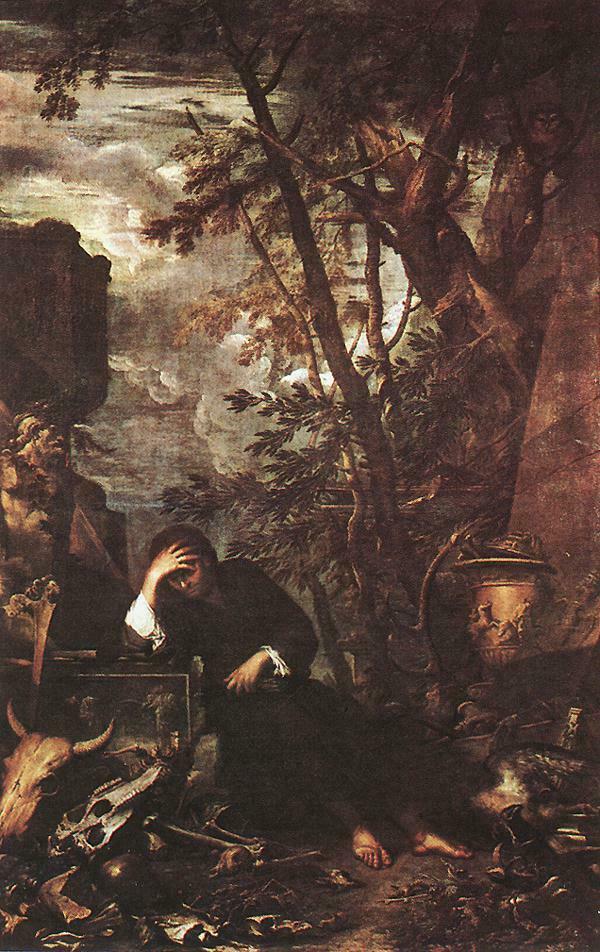History of Philosophy Workshop: Caterina Pello

Please join us as we continue our lunchtime history of philosophy workshops! Each meeting will consist of a presentation by a graduate student or faculty on a project that they are working on in the history of philosophy, followed by a period of comments/questions from the other participants. The workshop is designed to give grad students and faculty the opportunity to develop ideas and receive helpful feedback on projects/papers in a friendly and low stakes environment.
We invite you all to a presentation by Forum grant recipient and visiting scholar Caterina Pello! Her talk, entitled "Democritus on Living Beings and Vital Functions," will be held in the Maritain Library in Geddes Hall. An abstract is included below. We hope to see you there!
Democritus on Living Beings and Vital Functions
Aristotle accuses the Presocratics of not treating the study of living beings in too much detail nor drawing sharp distinctions between them (On Respiration 1.22.470b29-31; On the Generation of Animals 5.8.788b10-15). The starting point of this talk is the following hypothesis: what if the Presocratic attention to the similarities and continuity between living being and living process is not a flaw, as Aristotle suggests, but the very foundation of their biological theories? My aim is to look into whether, and if so to what extent, Leucippus and Democritus distinguished different kinds of living things and how they explained the varying living functions. I will start by analysing the Atomist theory that respiration makes the beginning of all forms of life, with special focus on the differences between the processes of coming to life, sleeping, and dying. In the second part of the talk, I will move on to sense perception: because Leucippus and Democritus make little distinction between sensation and thought, these too cannot sharply distinguish between different kinds of living beings. In conclusion, I suggest that Leucippus and Democritus ultimately advocated a less anthropocentric and more holistic view of the cosmos.
